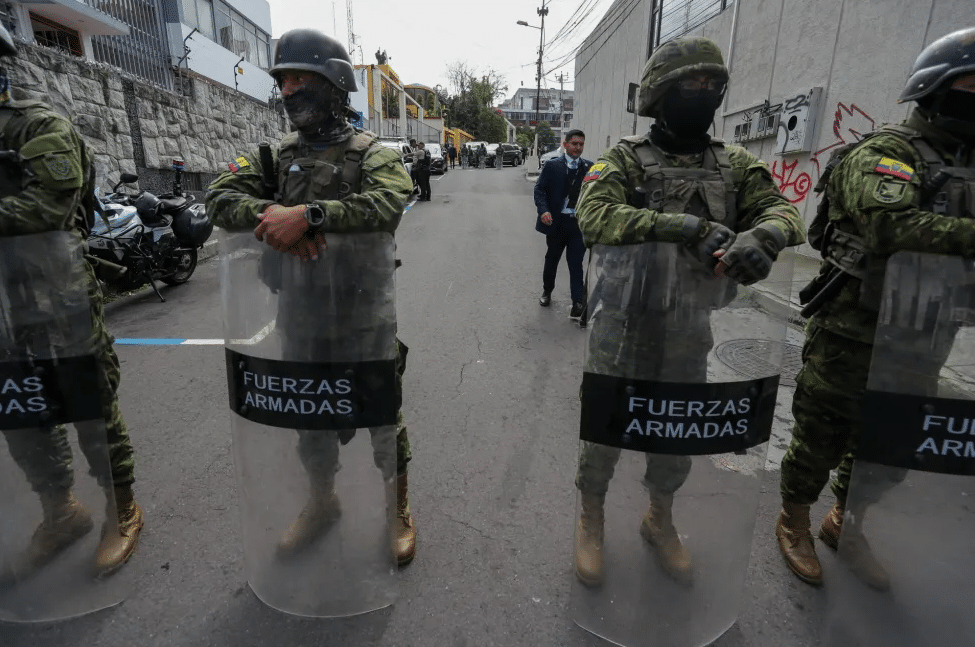
The return of the military is a phenomenon being seen across Latin America and the Caribbean, regardless of whether the governments are left or right.
By Rafael Rojas (Confidencial)
HAVANA TIMES – Thirty years ago, with the end of the military dictatorships in Latin America, the tendency towards the professionalization of the armies seemed decisive. The military institution was seen as a fundamental participant in the diverse authoritarian regimes of the Cold War. Today, the path that emerged from the democratic transitions at the end of the last century is being seriously questioned.
The two most recognizable symbols of the new right’s militarism have been Jair Bolsonaro in Brazil and Nayib Bukele in El Salvador, both – by no coincidence – viewed with similar distrust in the context of the transition narratives. More recently, the government of Javier Milei in Argentina has announced a reform in that country’s security policies to reinforce the role of the Army in the fight against drug trafficking, terrorism, the mafia, and the gangs.
Ecuador will hold a Constitutional referendum on April 21. If passed, it will introduce a militaristic focus on national security with elements similar to the Salvadoran model. The first question on the ballot asks Ecuadorans if they agree to have the Armed Forces offer back-up to the National Police in combatting organized crime.
The Ecuadoran referendum – which will take place amid intense international criticism of Ecuador’s milita


